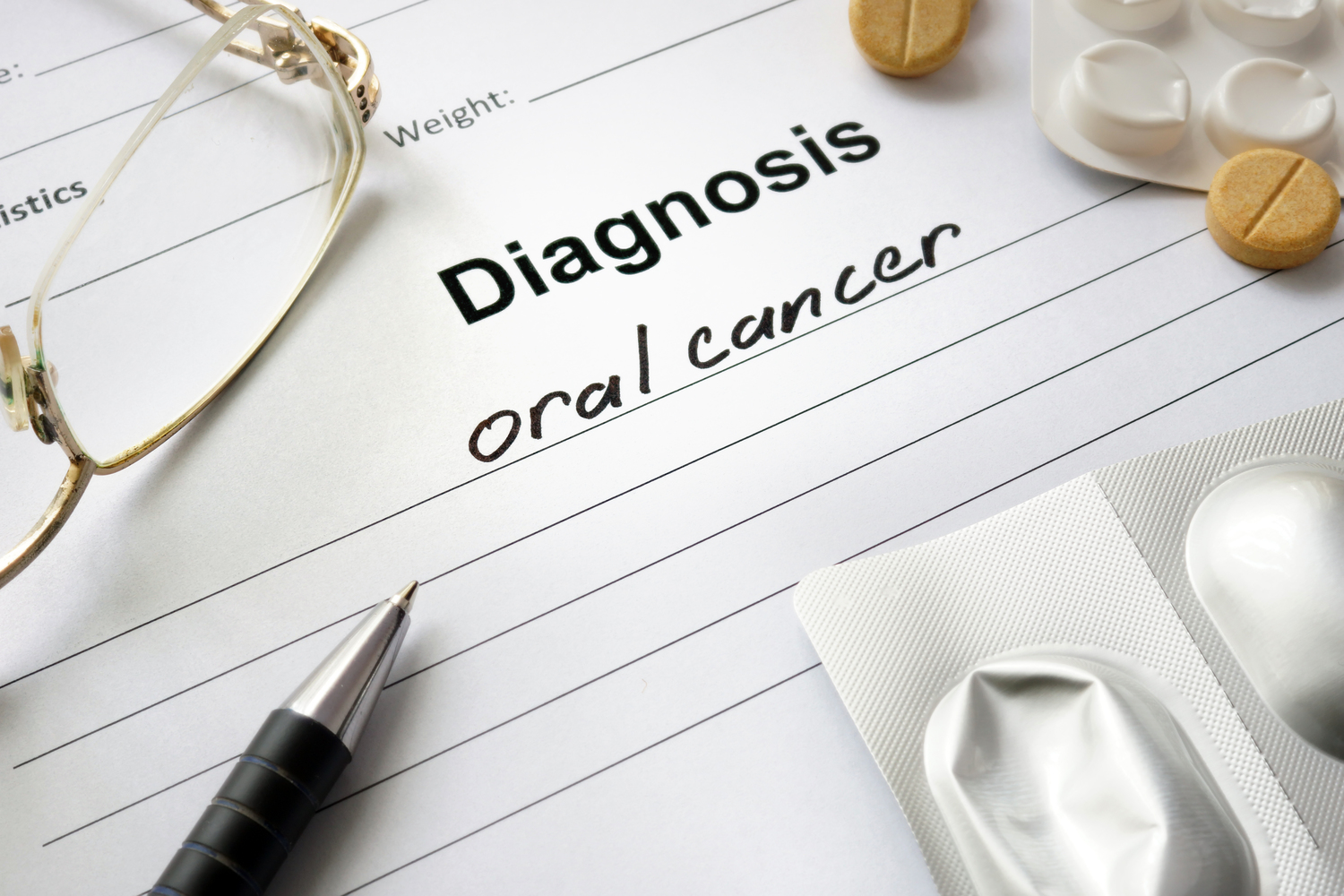
Top Causes, Symptoms, and Treatment Methods for Oral Cancer
The formation of cancer cells in the mouth or throat tissues is called oral cancer. It is a part of a larger group of cancers found in the neck and head. This type of cancer is commonly found in individuals above the age of 40. Oral cancer is difficult to diagnose at the early stages and are usually found when cancer has spread to the lymph nodes in the neck. Most often an oral cancer is diagnosed by your dentist during your regular dental check-ups. There are different types of oral cancer which include
- The inner lining of the cheek.
- Tongue
- Lips
- Gums
- The hard and soft palate
- The floor of the mouth.
Causes of oral cancer
Tobacco is the main cause of oral cancer. Individuals addicted to chewing or smoking tobacco are more likely to be affected by oral cancer. The other risk factor that can lead to oral cancer is consuming alcohol in large amounts. Treatment methods for oral cancer are determined depending on the stage of cancer.
Symptoms of oral cancer
Oral cancer does not show any severe signs or symptoms at an early stage. Certain symptoms such as ear pain and sore throat might seem like a regular flu problem. You need to consult a doctor if the condition persists for long. Here are a few symptoms of oral cancer:
- Growth or formation of a lump near or inside the mouth
- An inflamed tongue or mouth that wouldn’t heal for long.
- Loosening of teeth
- Constant bleeding from the mouth
- Unable to swallow easily due to pain
- Unable to wear dentures due to pain
- Formation of mass in the neck area
- An ear pain that stays longer.
- Numbness of chin, lip, neck, and face
- Patches on mouth and lips colored white, red or red and white
- Sudden loss of weight
Treatment methods for oral cancer
The treatment methods for oral cancer differ depending on the stage, type and location of cancer. A few of them are
- Surgery
It is done in the early stages to eradicate the tumor and cancerous lymph nodes. In this procedure, a portion of healthy tissues surrounding the infected area is also removed. - Radiation therapy
Patients are treated with radiation beams directed at the infected area once or twice a day for a couple of weeks. - Chemotherapy
It is an effective drug treatment given to patients orally or through IV to kill cancer cells. - Targeted therapy
This treatment is effective in both early and advanced stages. The drugs injected into the patient’s body interfere with the growth of cancerous cells by binding to a particular protein on cancer cells. - Nutrition
While an individual is suffering from oral cancer, they find it difficult to swallow food due to the treatment procedures. During this period weight loss is common and it needs to be handled effectively. Consulting a nutritionist is the best way to get diet suggestions and diet plan. Patients should consume a balanced diet that includes minerals, vitamins, and calories. - Keep your mouth clean
It is important to keep your mouth clean and moist during the treatment of oral cancer.
One must be aware of all the pros and cons of various treatment methods for oral cancer as well as know which side effects to expect.


